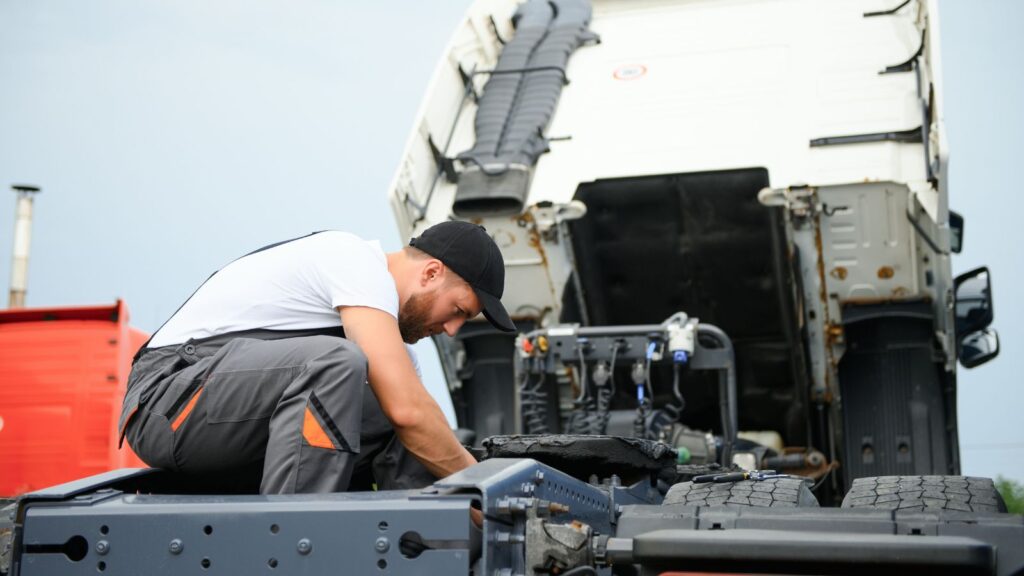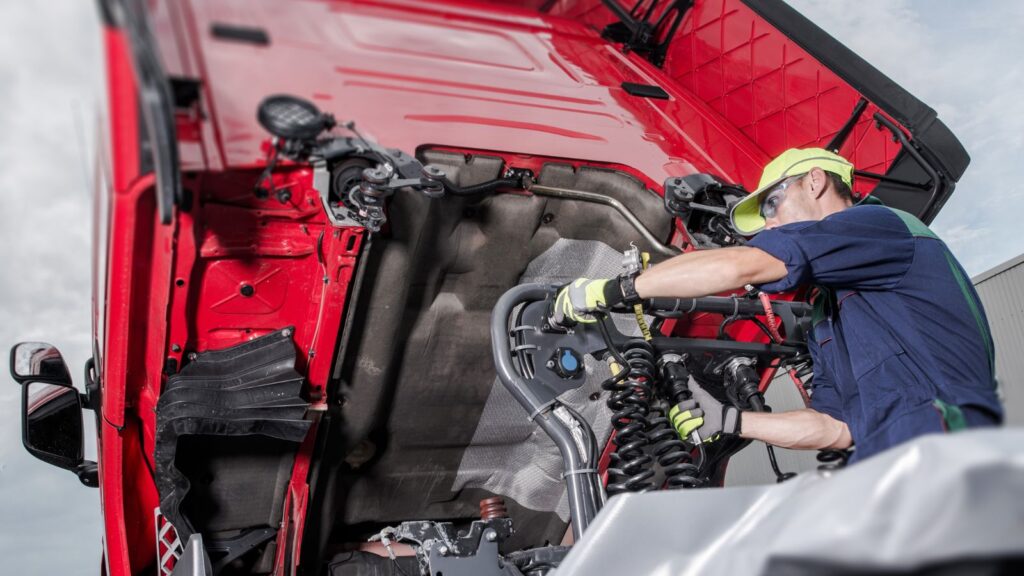
As a fleet manager or truck owner, you already know that every hour of downtime costs money. Choosing between diesel and gas engines is one part of the equation, but understanding how their repairs differ is equally important. Reliable Diesel Truck Repair is not the same as repairing a gas-powered engine.
The systems, tools, expertise, and long-term costs vary greatly. When you recognize these differences, you can better manage your maintenance strategy and keep your vehicles running at peak performance.
1. Structural Differences That Affect Repair
Diesel engines are built with heavier blocks, stronger crankshafts, and reinforced components. This design supports higher compression ratios and longer service lives. Repairing these robust parts requires specialized equipment and skilled technicians.
Gas engines use lighter parts that are easier to replace, meaning repairs are often quicker but more frequent. The repair approach must match the engine’s construction.
2. Fuel System Repairs
The fuel systems of diesel and gas engines are not alike. Diesel engines use high-pressure fuel injection systems that demand precise calibration. When injectors clog or pumps fail, specialized diagnostic tools are necessary to pinpoint the problem.
Repairs can be time-consuming and require advanced training. Gasoline engines rely on fuel pumps and injectors that operate at much lower pressures, so repairs are simpler and often less costly.

3. Ignition and Combustion Issues
A major difference lies in ignition. Diesel engines use compression ignition, so there are no spark plugs or ignition coils to replace. Instead, repairs focus on glow plugs, injectors, and combustion chambers.
Gas engines rely on spark ignition, meaning spark plugs, coils, and timing systems often need attention. Repair tasks differ completely, even though the goal, efficient combustion, remains the same.
4. Emission System Repairs
Diesel trucks are equipped with Diesel Particulate Filters (DPFs), Selective Catalytic Reduction (SCR) systems, and Diesel Exhaust Fluid (DEF) systems. Repairing these requires specialized knowledge of sensors, filters, and fluid delivery systems.
Problems like clogged DPFs or faulty DEF injectors can shut down a truck if not addressed quickly. Gas engines, by contrast, rely on catalytic converters and oxygen sensors. Repairs are generally more straightforward, with fewer components to service.
5. Preventive Maintenance Focus
The type of preventive maintenance needed directly influences repairs. Diesel trucks require frequent filter changes, turbocharger inspections, and monitoring of DEF levels. If neglected, small issues can escalate into major repairs.
Gas engines demand routine ignition system service, lighter oil checks, and more frequent cooling system inspections. Understanding these needs reduces the risk of costly repair work later.
6. Diagnostic Approaches
Modern diesel trucks are highly electronic. Repair technicians must use advanced diagnostic scanners to interpret fault codes, measure fuel pressures, and analyze sensor data. Repair accuracy depends on reading this data correctly.
Gas engines also rely on diagnostics, but the systems are often less complex, meaning repairs can be identified and completed faster.
7. Labor and Cost of Repairs
Diesel truck repairs typically require more labor hours because of engine size, part accessibility, and system complexity. For example, replacing a diesel injector involves high-pressure calibration and advanced tools. Gas engine repairs, like changing spark plugs or fixing ignition coils, are usually less labor-intensive.
While diesel parts may be costlier, they often last longer. Gas engines save you on parts but may lead to more frequent shop visits.
8. Repairing Performance Components
Diesel engines produce higher torque, supported by turbochargers and intercoolers. These parts are common points of repair. Technicians must service or replace turbochargers, inspect intercooler seals, and test boost pressure systems.
Gas engines may use smaller turbos or none at all, so performance repairs focus more on ignition timing, sensors, and lighter fuel components.
9. Compliance Repairs
For diesel fleets, repair work often ties directly into DOT and EPA compliance. Malfunctioning emission systems can result in fines or vehicle downtime until repaired.
Gas vehicles also require emission-related repairs, but the systems are simpler.
Regular repairs keep both engine types compliant, but diesel fleets must budget more time and expertise into this area.
Choosing Mobile Wrench as Your Repair Partner
Whether your fleet uses diesel or gas engines, Mobile Wrench provides on-site, one-stop repair services. Our certified technicians are trained in advanced diesel diagnostics and high-pressure fuel systems, while also handling gas engine repairs efficiently.
With Mobile Wrench, you receive responsive, reliable, and convenient service. We minimize downtime, maintain compliance, and ensure every repair is done right the first time. For mixed fleets, our team understands both engine types, giving you confidence that your vehicles are in expert hands.
Final Thoughts
When it comes to repairs, diesel and gas engines are worlds apart. Diesel repairs are more complex, require advanced tools, and often take longer, but they support engines designed for heavy-duty, long-haul performance. Gas engine repairs are quicker, cheaper, and easier, but may occur more frequently.
By understanding these repair differences, you can make smarter decisions for your fleet, reduce downtime, and protect your bottom line.
Work with experts who specialize in both diesel and gas engine repair. With the right partner, you will gain the peace of mind that every repair is handled correctly the first time, keeping your fleet safe, compliant, and productive.




